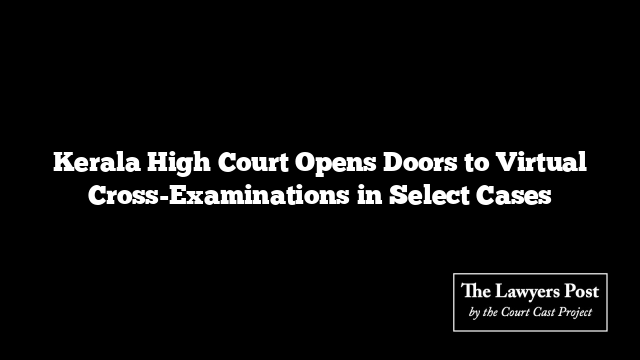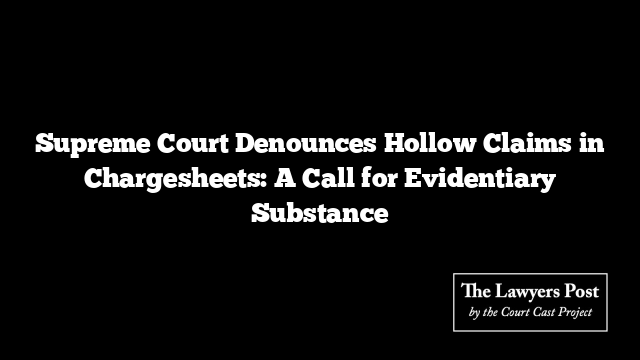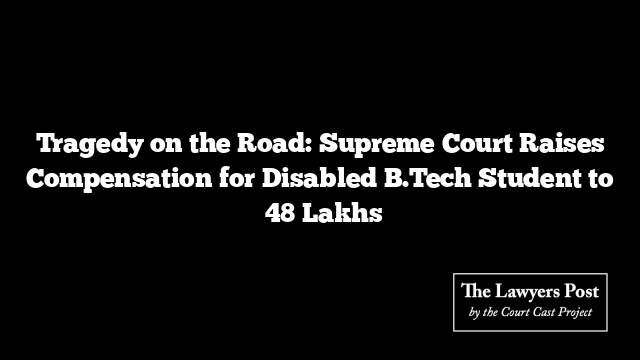In a significant ruling, the Kerala High Court has permitted advocates to cross-examine witnesses via video conference, marking a progressive step in judicial accessibility. However, this option is not an absolute right and will be granted based on specific circumstances and availability of requisite facilities.
The Court, led by Justice VG Arun, emphasized the importance of balancing technological advancements with judicial fairness. The decision stemmed from the interpretation of the 2021 Electronic Video Linkage Rules for Courts (Kerala), which enable remote participation in arguments. The Court reasoned that if arguments can be presented remotely, cross-examinations could also be conducted in the same manner.
“Allowing cross-examination via video conferencing can expedite trials by avoiding unnecessary delays. However, permission should not be automatic. Courts must assess valid reasons and ensure appropriate facilities at the remote point, with a competent advocate present in court throughout the process,” the judgment noted.
The case arose from a petition by an individual facing trial in a Special CBI Court. The petitioner sought permission for his senior counsel, unable to travel due to health issues, to conduct cross-examinations remotely. The trial court denied the request, prompting an appeal to the High Court.
Justice Arun highlighted a gap in the Electronic Video Linkage Rules, which currently lack provisions for virtual cross-examinations initiated by advocates. The Court called on the Rules Committee to address this omission, underscoring the need to support the accused’s right to legal representation without logistical barriers.
Drawing from the Supreme Court’s precedent in State of Maharashtra v. Praful B. Desai, the High Court affirmed that video-conferenced witness examinations satisfy the legal requirement of being conducted in the accused’s “presence” under the Code of Criminal Procedure.
The judgment concluded by directing the Special CBI Court to reconsider the petitioner’s request for remote cross-examination in light of these observations.
This ruling reflects the judiciary’s evolving approach to leveraging technology for greater efficiency and accessibility while maintaining procedural integrity.





